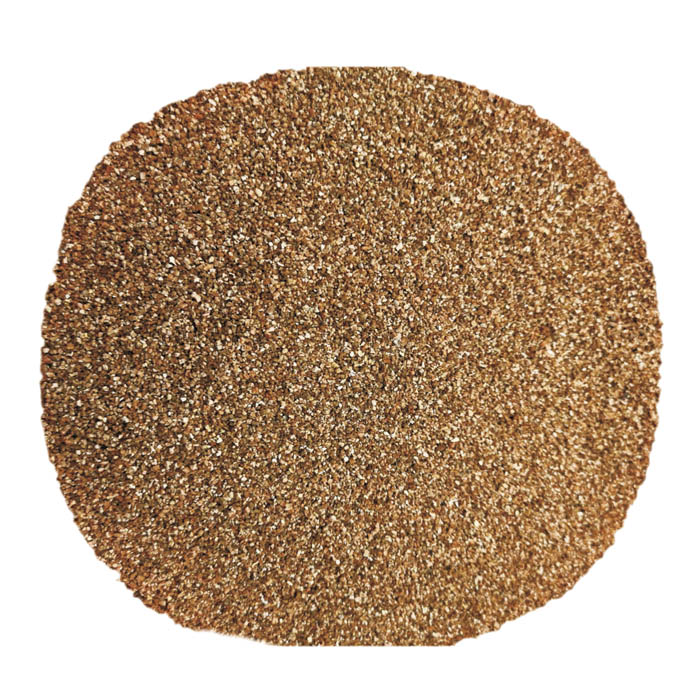Dec . 11, 2024 10:56 Back to list
Reliable Manufacturer of High-Quality Fireproof Bricks for Diverse Applications
The Importance of Fireproof Bricks in Modern Construction
In today's world, safety and durability are paramount, particularly in the construction industry. Among the various materials that ensure structural integrity and fire resistance, fireproof bricks have emerged as critical components in modern building projects. This article delves into the significance of fireproof bricks, their manufacturing processes, and the benefits they bring to constructions.
What are Fireproof Bricks?
Fireproof bricks, also known as refractory bricks, are specially designed to withstand high temperatures and resist thermal shock. Made from materials such as clay, alumina, silica, and magnesia, these bricks are capable of maintaining their structural integrity even in extreme conditions. They are primarily used in kilns, furnaces, and other environments where high heat is a regular occurrence. However, their applications can extend beyond industrial scenarios to residential and commercial buildings.
The Manufacturing Process
The manufacturing of fireproof bricks involves several meticulous steps to ensure that the final product meets strict safety and quality standards. The process typically begins with the selection of raw materials. High-quality clays and minerals are sourced, which are known for their high refractory properties. The raw materials are then crushed and blended to achieve a uniform composition.
Once the materials are prepared, they undergo a process called shaping, where they are formed into brick shape using various methods such as extrusion or pressing. Following this, the shaped bricks are dried to remove excess moisture, which is a crucial step to prevent cracking during firing.
Firing is the next critical phase, where the bricks are heated in a kiln at temperatures typically ranging from 1,200°C to 1,600°C. This process not only enhances the strength of the bricks but also improves their heat-resistant properties. After firing, the bricks are allowed to cool slowly to avoid any thermal shock that could lead to cracking.
Finally, the finished fireproof bricks undergo rigorous testing to ensure they meet the necessary standards for insulation and safety. These tests often analyze their thermal conductivity, compressive strength, and resistance to various chemical reactions.
fireproof bricks manufacturer

Benefits of Fireproof Bricks
1. Safety One of the primary advantages of fireproof bricks is their ability to prevent the spread of fire. In residential buildings, using these bricks can significantly enhance safety, giving occupants valuable time to evacuate in case of an emergency. In commercial buildings, they can help protect vital assets and reduce insurance costs.
2. Durability The materials used in fireproof bricks make them incredibly durable. They can withstand extreme heat without losing their shape or structural integrity, making them ideal for areas exposed to high temperatures, such as kitchens and fireplaces.
3. Energy Efficiency Fireproof bricks exhibit excellent thermal insulation properties, which can lead to energy savings. By maintaining consistent temperatures within buildings, these bricks help reduce energy consumption for heating and cooling.
4. Versatility Fireproof bricks can be used in various applications. From industrial furnaces to residential fireplaces, their versatility makes them an essential component in diverse construction projects. They also come in various sizes and shapes, allowing for creative architectural designs.
5. Sustainability Many fireproof brick manufacturers are now focusing on sustainable production methods. By using environmentally friendly raw materials and energy-efficient manufacturing processes, they contribute to the overall sustainability of construction practices.
Conclusion
As fire safety regulations continue to evolve, the role of fireproof bricks in construction becomes increasingly vital. Manufacturers are innovating to produce high-quality, reliable products that meet the demands of modern architecture. Builders and architects must consider the benefits of using fireproof bricks in their projects, as they not only enhance safety but also contribute to energy efficiency and sustainability.
In a world where safety and durability are more critical than ever, fireproof bricks represent a significant advancement in building materials. Their application can transform construction practices, ensuring that structures are not only aesthetically pleasing but also safe and resilient against the elemental challenges they may face. As we move forward, embracing the advantages offered by fireproof bricks will be essential for creating a safer and more sustainable built environment.
-
Eco-Friendly Granule Covering Agent | Dust & Caking Control
NewsAug.06,2025
-
Fe-C Composite Pellets for BOF: High-Efficiency & Cost-Saving
NewsAug.05,2025
-
Premium Tundish Covering Agents Exporters | High Purity
NewsAug.04,2025
-
Fe-C Composite Pellets for BOF | Efficient & Economical
NewsAug.03,2025
-
Top Tundish Covering Agent Exporters | Premium Quality Solutions
NewsAug.02,2025
-
First Bauxite Exporters | AI-Optimized Supply
NewsAug.01,2025
